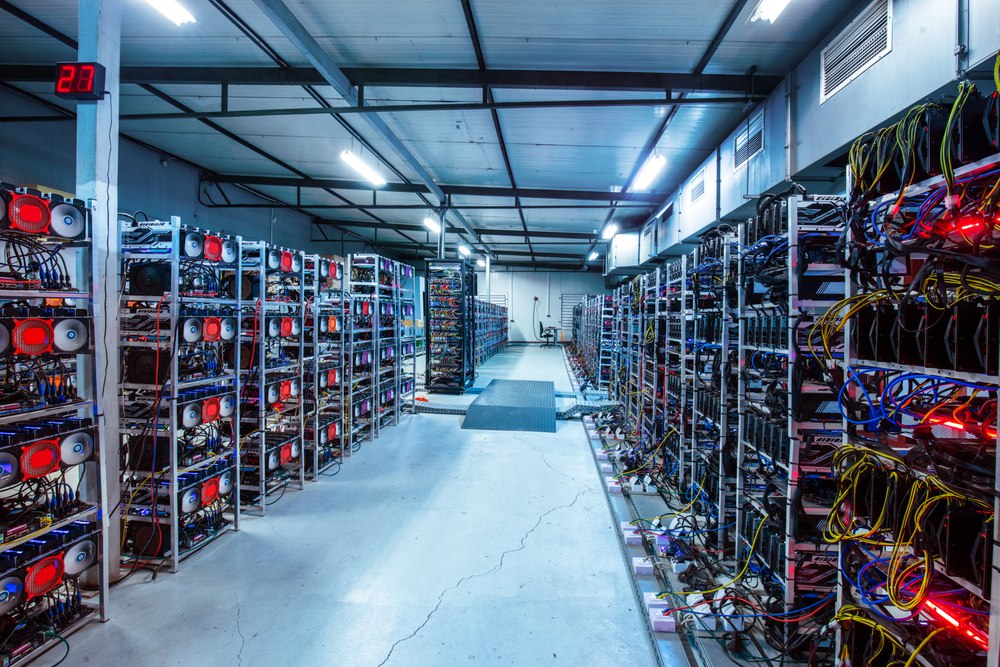Due to the company stopping mining at Helios due to harsh weather conditions, Argo Blockchain mined less BTC than anticipated in December. A winter storm in Texas caused a dramatic slowdown in mining activity in December 2022, according to a recent statement by Bitcoin mining startup Argo Blockchain.
After selling its premier mining business Helios to Mike Novogratz’s Galaxy Digital, Argo published its first operating update on January 11. Compared to 198 BTC in November 2022, the firm claimed to have mined 147 BTC equivalents in December.
According to the company, Argo generated $2.49 million in mining income during that month. Argo has around $79 million in total debt.
Harsh Mining Conditions
The United States Department of Energy declared a power emergency in Texas in late December, citing a lack of energy brought on by the effects of the harsh winter weather. The Texas power grid had its highest winter demand of more than 74,000 megawatts during a sharp temperature drop followed by strong winds.
Peter Wall, the CEO of Argo, noted that the company’s mining performance fell short of expectations since it had to cut its grid consumption due to severe weather. According to Wall, Argo reduced power use by an estimated 1,500 MW along with other Texas Bitcoin miners during the winter storm.
He said, “After the winter storm and related cold temperatures had receded, we securely brought Helios back up and began operations.” Wall noted that Argo ultimately decided to sell its Helios plant to Galaxy Digital for $65 million to reduce Argo’s debt while enhancing its liquidity and operational structure.
Argo will continue mining at the Helios plant held by Galaxy, notwithstanding the transaction. The release states that Argo’s overall hash rate capacity remains at 2.5 exahashes per second (eH/s).
Taking On More Debt That Usual
In the lead-up to the cryptocurrency bull market, publicly traded Bitcoin (BTC) miners took on debt totaling more than $4 billion, according to new research by Hash Rate Index. Industry players raced frantically to buy Bitcoin application-specific integrated circuit (ASIC) miners on easy credit as BTC’s price continued to surge at that time.
The year 2022, however, turned out to be incredibly challenging for Bitcoin miners due to global economic challenges, leading to the collapse of BTC’s price. To further compound the miners’ woes, there were soaring power costs, reduced demand for mining rigs, and record-level mining difficulty.
